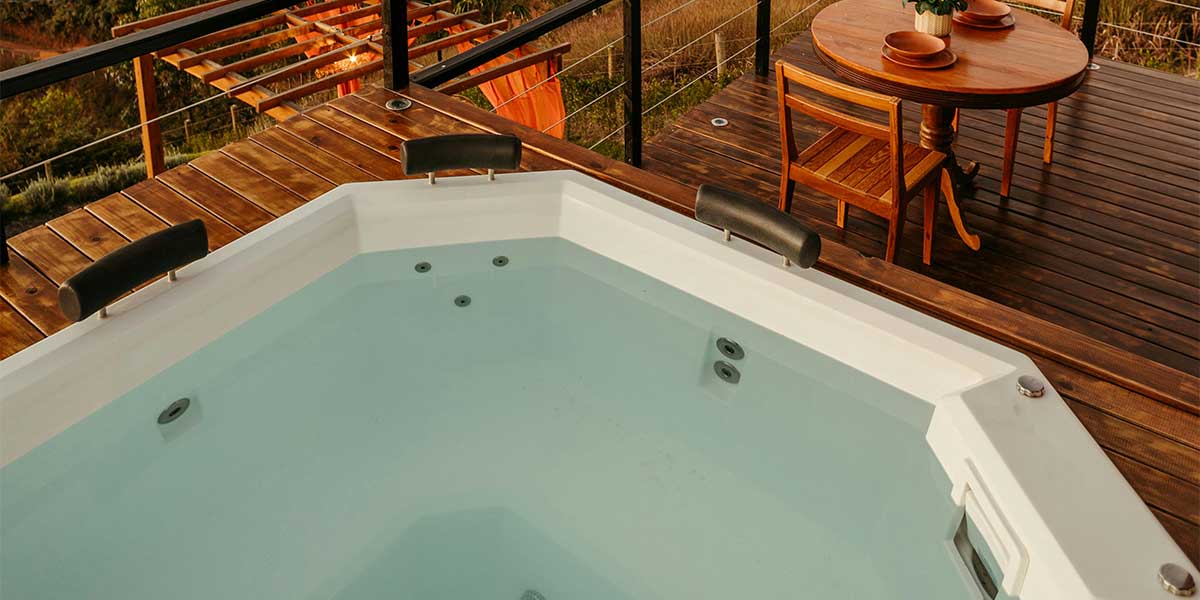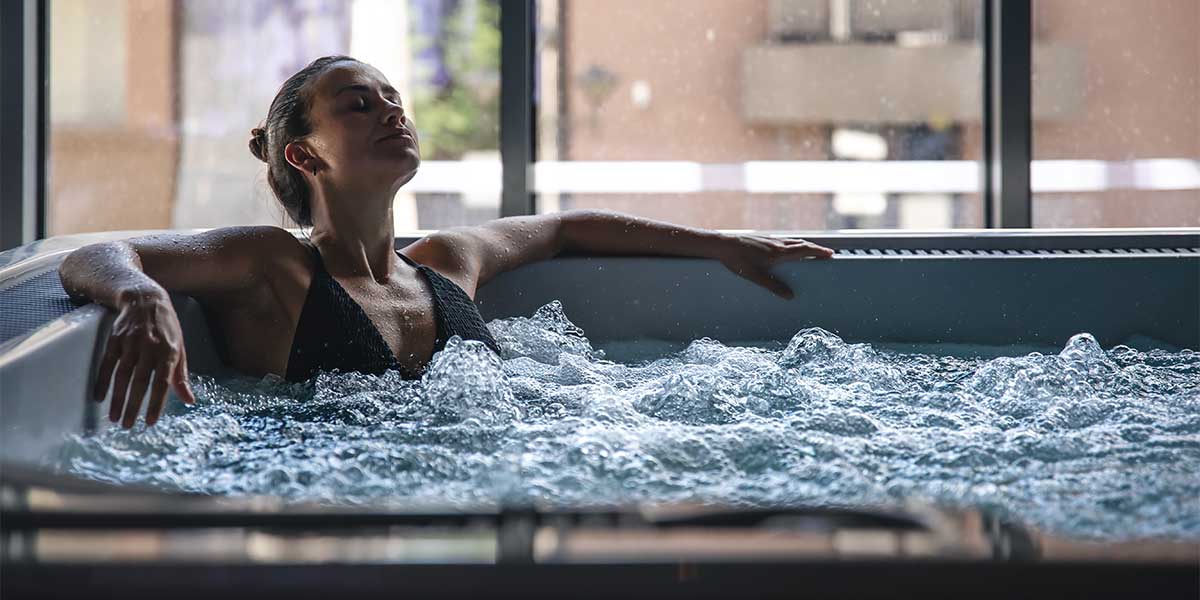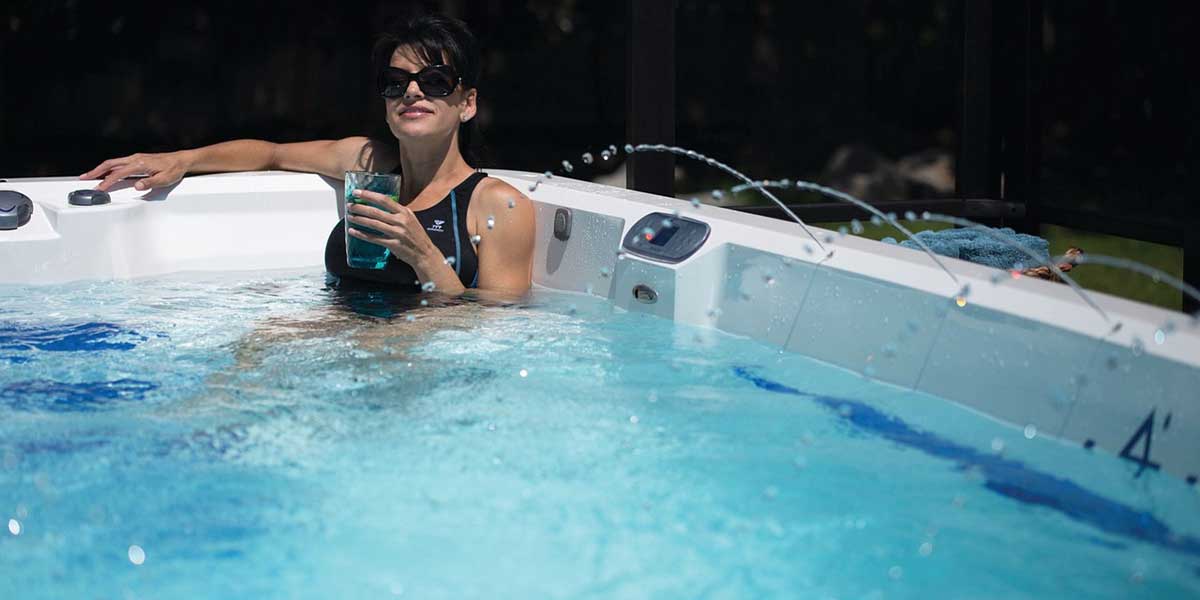Hot tubs aren’t just about luxury, they’re about health, relaxation, and adding long-term value to your home. As inviting as a bubbling spa may sound, what most homeowners don’t realize is that hot tub installation involves more than just plugging it in and turning on the jets. Behind the scenes, there’s an intricate world of electrical work that ensures your hot tub is safe, reliable, and compliant with local codes.
At Expert Electric, we’ve helped countless homeowners across BC turn their backyard hot tub dreams into reality. And if there’s one thing we emphasize, it’s this: understanding the crucial electrical considerations for hot tub installation can make or break your experience. From GFCI protection to wiring capacity, these factors protect you, your home, and your investment.
Let’s dive into the details you need to know before you hop in for that first soak.
Why Electrical Work Matters for Hot Tubs
Think about it: hot tubs combine water, heat, and electricity, three things that do not naturally get along. Without proper planning, a relaxing soak can quickly turn into a dangerous situation. Electrical errors can cause power outages, damaged equipment, or worse, serious injuries.
That’s why ensuring the installation is handled by a licensed electrician is not just a recommendation, it’s essential. A professional can assess your home’s system, determine load capacity, install dedicated circuits, and make sure everything meets Canadian Electrical Code (CEC) standards.

Key Electrical Considerations for Hot Tub Installation
1. Grounding and GFCI Protection
The first and most important factor is safety. Hot tubs require ground-fault circuit interrupter (GFCI) protection, which immediately shuts off the circuit if it detects an imbalance in current. This protects you from potential electric shocks, which are especially dangerous around water.
In addition, proper grounding ensures that stray electrical currents are safely redirected away from you and your equipment. If your hot tub isn’t grounded correctly, you could face risks ranging from tripped breakers to serious electrical hazards.
2. Dedicated Circuits
Unlike smaller appliances, hot tubs demand a dedicated circuit. That means no sharing power with your dishwasher, garage tools, or outdoor lighting. Depending on the model, your hot tub will likely require 240 volts and a 50-amp circuit breaker.
Using a shared circuit could overload your system, leading to frequent tripping, damage to your electrical panel, or even fire hazards. Having a dedicated line ensures smooth performance and longevity for your hot tub.
3. Location and Panel Access
Where you place your hot tub matters. Electrical codes require a minimum clearance from outlets and overhead power lines, and your spa must be installed at a safe distance from your home’s electrical panel.
Your electrician will also need to ensure conduit routing is practical and weatherproof. Outdoor-rated conduit and junction boxes must be used to handle exposure to rain, heat, and snow.
4. Electrical Load Capacity
Your home’s current system might not be built to handle the additional load of a hot tub. Older homes may have panels limited to 100 amps, while newer homes often start at 200 amps.
A licensed electrician will calculate whether your panel can handle the extra demand. If not, you may need a panel upgrade before installation. While this adds to the upfront cost, it protects your entire home from outages, overheating wires, or panel failure.
5. Correct Wiring and Conduit Selection
Not all wires are created equal. Hot tubs require copper wiring of a specific gauge, protected by outdoor-rated conduit to withstand weather conditions. Incorrect wiring can lead to overheating, fire hazards, or failed inspections.
A professional ensures your installation meets both electrical codes and manufacturer specifications, safeguarding your warranty and your safety.
6. Permits and Inspections
In most municipalities, hot tub installation requires permits and inspections. These steps ensure that all work meets local and national electrical codes. Skipping permits may seem tempting but could result in hefty fines, denied insurance claims, or issues if you sell your home.
Expert Electric handles all permits and inspections for you, ensuring a stress-free process from start to finish.

DIY vs. Professional Installation: The Real Cost
We know what some homeowners are thinking: “Can’t I just do it myself?” While DIY installation may save a few bucks upfront, the risks far outweigh the rewards. Hot tub wiring is not like installing a ceiling fan or swapping out a light fixture. It requires deep knowledge of electrical loads, grounding, and GFCI protection.
Hiring a professional ensures:
- Code compliance with CEC and local regulations
- Safe installation that minimizes fire and shock risks
- Insurance protection, since DIY wiring can void coverage
- Manufacturer warranty protection
At the end of the day, investing in a licensed electrician saves you money, time, and stress.
FAQs: Crucial Electrical Considerations for Hot Tub Installation
1. Do all hot tubs require a 240V circuit?
Not necessarily. Smaller, plug-and-play models often run on 120V circuits, but larger spas almost always require 240V. Your electrician will confirm which applies to your setup.
2. Can I plug my hot tub into an outdoor outlet?
Only if it’s a 120V plug-and-play model with proper GFCI protection. Most traditional hot tubs cannot be plugged directly into an outlet, they require dedicated wiring.
3. How close can my hot tub be to my house?
Most codes require at least 5 feet of clearance from outlets and other electrical devices. A licensed electrician ensures your installation meets safety spacing.
4. Will I need a panel upgrade?
It depends on your home’s current electrical load and the size of your hot tub. An electrician will evaluate whether your system can handle the additional demand.
5. Do I need a permit for hot tub installation?
Yes. In most jurisdictions, a permit and inspection are required. This ensures compliance with safety codes and protects your investment.
Final Thought
Installing a hot tub is more than just dropping it on a deck and filling it with water. It’s about making sure your home can safely handle the electrical demands of such a high-powered appliance. By addressing these crucial electrical considerations for hot tub installation, you protect your family, your property, and your peace of mind.
At Expert Electric, we specialize in hot tub wiring and spa installations across BC. Our team of licensed electricians ensures every detail is handled from permits to panel upgrades, so you can sit back, relax, and enjoy the bubbles.
Contact Expert Electric
Ready to transform your backyard into the ultimate relaxation zone? Trust Expert Electric to deliver a safe, code-compliant installation every time.
📞 Call us: 604-681-8338
📧 Email us: info@expertelectric.ca


